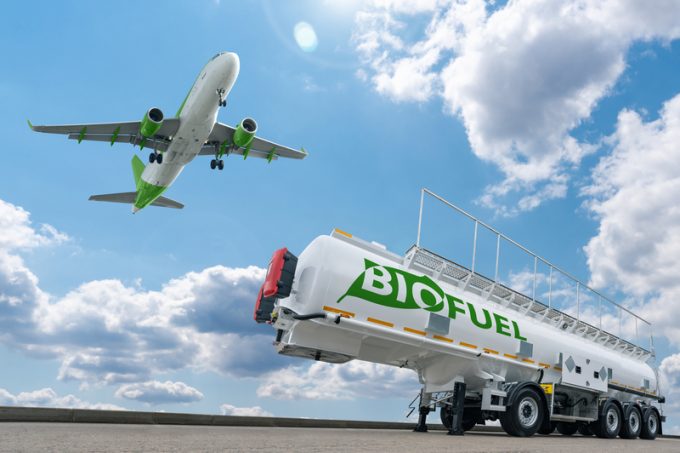US tariff policy 'unsustainable and only temporary', says Geodis VP
Logistics services providers (LSPs) are feeling the impact of the downturn in the EU’s automobile ...

Airlines will be awaiting the outcome of Cop28 with interest after news that the EU will be arguing for a tax on aviation fuel.
The new EU climate commissioner, Wopke Hoekstra, told journalists a levy would generate a “substantial amount of money”, even with just “a ...
Keep our news independent, by supporting The Loadstar
Four crew members still missing as Wan Hai 503 continues to burn
Explosions and 'out-of-control' fire reported on Wan Hai box ship
Carrier price hikes hold, driving spot rates higher as space gets scarcer
Crew forced to abandon ship in latest fire on vessel carrying EVs
The Loadstar Podcast | Transport Logistic and Air Cargo Europe 2025
Transpacific rates ease as capacity boost proves too much for trades to digest
Turkish Airlines falls foul of air safety regulations, claims India's aviation authority

Comment on this article